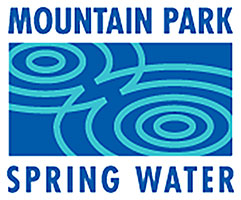| Do you know how much water your kids need to stay hydrated? Obviously, babies drink milk from their mother or formula, and then we tend to move kids onto juice boxes or something similar. While these contribute towards hydration, the sugar in fruit juice is not as healthy for our kids or as effective at keeping them hydrated compared to water. How much water does your toddler need? Keeping an eye on how much your child is drinking is extremely important. Young children are still learning to recognize the signals associated with thirst, and since they’re always moving a mile a minute they may forget to drink or not realize that they’re thirsty. Children also have a higher percentage of water in their bodies – around 75% – and their smaller size means that they lose more water through their skin naturally. So, it is even more important for small children to stay hydrated in order to keep their water levels replenished. Birth – 6 months During this time, it is generally not necessary to give water to your baby. The milk or formula they are given contains all of the nutrients they need for proper growth and hydration. You should generally avoid giving them water during this time unless advised otherwise by your pediatrician. 6 – 12 months Most parents start to introduce solid foods into their children’s diet during this stage. This means that the amount of milk they are having will be less, so hydration needs to be made up for. It is best to only introduce water at this point rather than juice and other sweet drinks, otherwise, they may turn their nose up at the water when you do offer it to them because they are used to sweet-tasting drinks. Only small amounts of water will be needed while they are still being weaned off milk, around 2-4 ounces per day. Toddlers aged 1+ After their first birthday, milk intake is normally reduced significantly, so water should be the main staple for their hydration. How much your child needs will depend on their size, activity levels, the types of food they are eating, and the time of year. Around 2-5 cups per day is a good guideline. Introducing lots of water-rich foods, like fruits and vegetables, also helps to maintain good levels of hydration |

